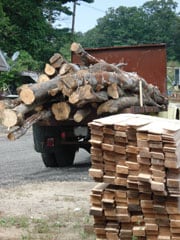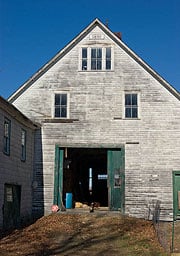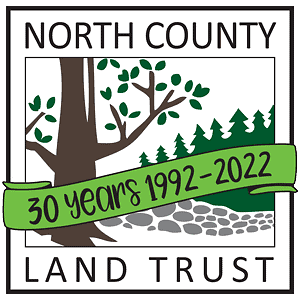
We can help.
Some landowners believe that conservation is only for those who can afford to donate their land. But this is not true. NCLT has worked with many landowners who have sold their land or a conservation restriction on their land, for appraised value. In these cases, NCLT has accessed state and federal grant funds, as well as municipal and private funding to pay the landowners for conserving their land.
Please contact us if you would like to conserve your land.
The following are resources for landowners who’d like to conserve their land:
1. What is a Conservation Restriction?
2. How Estate Planning can help your family conserve your land:
- Estate Planning with Conservation Restrictions in Massachusetts
- Estate Planning for Forest Landowners (USDA Forest Service)
3. How Tax Credits, Incentives and Deductions can help you conserve your land:
- Commonwealth Conservation Land Tax Credit Program
- Enhanced Easement Tax Incentive
- Charitable Tax Deductions
4. Conservation Options for Landowners

Keeping your Land Open and Affordable
There are many government programs to help you keep your land open and to reduce the cost of managing your land.
Please contact us if you need help with any of these programs.
What if I own forest land?
If you own forest land, you can get help to manage your land, including the sale of timber, by filing an application with the Massachusetts Forest Stewardship Program. This program will reimburse you for the cost of a 10-year Forest Stewardship Plan for your land prepared by a licensed forester. The Forest Stewardship Plan provides two main benefits: a) It assures that your land will be properly managed and that you will not sell your timber for less than its actual value; b) It makes your land eligible for other government programs:
What if I own farmland?
If you own farmland, there are state and federal programs that can help you manage and conserve your land. The Farm Services Administration can provide you with a free Farm Conservation Plan. This and other programs are sited below:
University of Massachusetts, Amherst Center for Agriculture

What about taxes on my land?
The Massachusetts Chapter 61 Program can help make your land affordable to own. This law was reformed in 2007, to make it easier for landowners and towns to use. Tax rates and requirements vary according to the Chapter the land is enrolled in: Ch. 61, 61A or 61B. A good explanation of the law can be found here.
Chapter 61 is for forest land — The landowner must have at least 10 acres of land and a Forest Stewardship Plan or a Chapter 61 plan.
Chapter 61A is for farmland. — The landowner must have at least 5 acres of land and generate some income from the farm.
Chapter 61B is for recreational land. — The landowner must have at least 5 acres of land.
